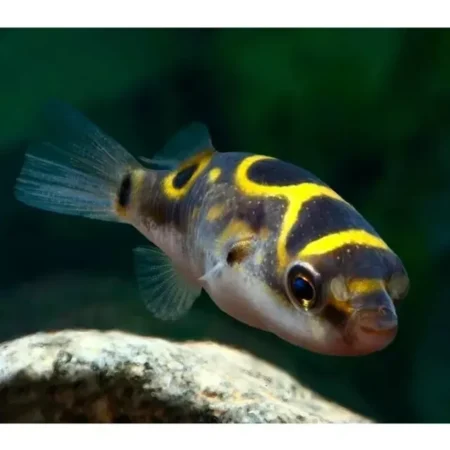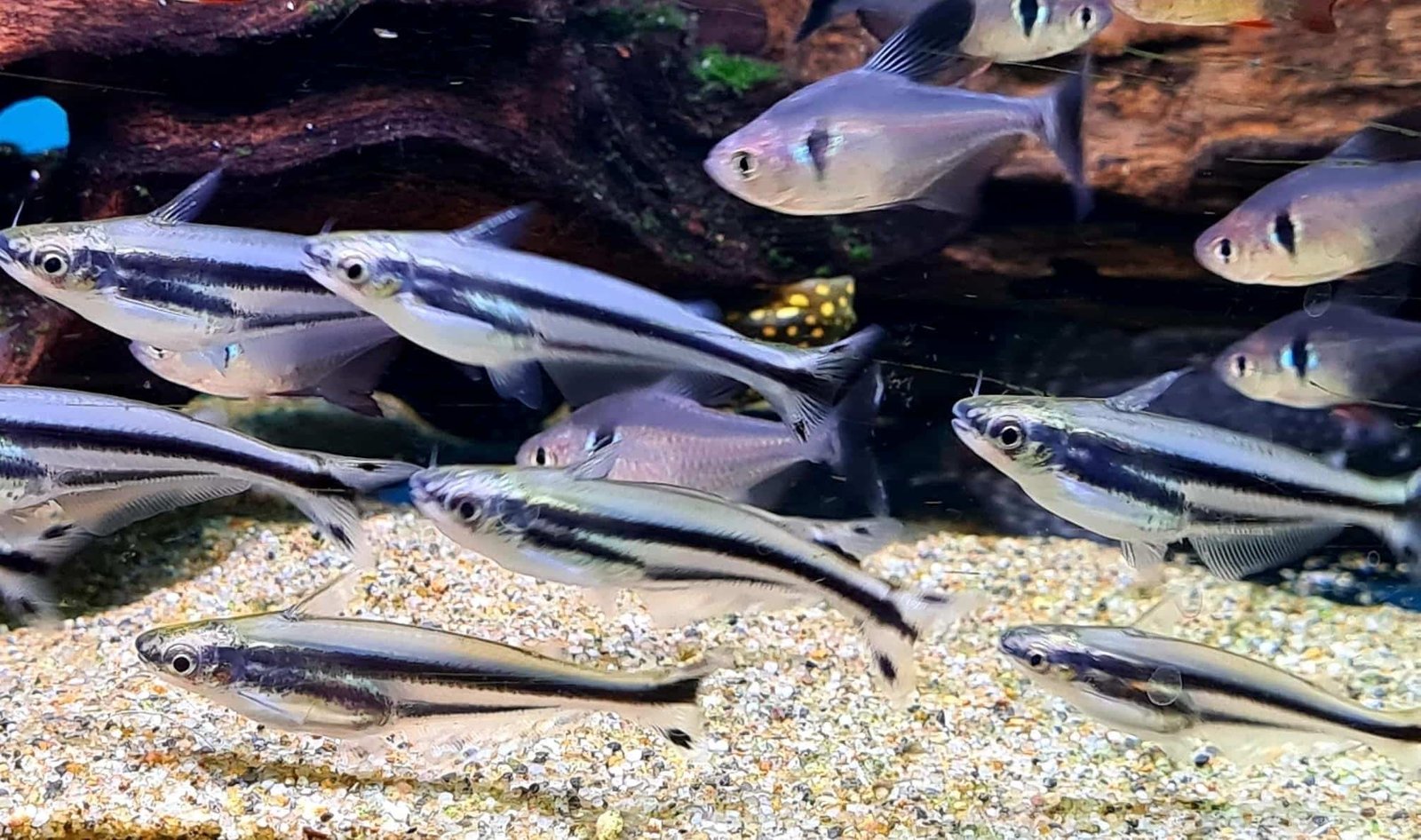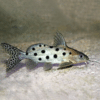To provide the best experiences, we use technologies like cookies to store and/or access device information. Consenting to these technologies will allow us to process data such as browsing behaviour or unique IDs on this site. Not consenting or withdrawing consent, may adversely affect certain features and functions.
The technical storage or access is strictly necessary for the legitimate purpose of enabling the use of a specific service explicitly requested by the subscriber or user, or for the sole purpose of carrying out the transmission of a communication over an electronic communications network.
The technical storage or access is necessary for the legitimate purpose of storing preferences that are not requested by the subscriber or user.
The technical storage or access that is used exclusively for statistical purposes.
The technical storage or access that is used exclusively for anonymous statistical purposes. Without a subpoena, voluntary compliance on the part of your Internet Service Provider, or additional records from a third party, information stored or retrieved for this purpose alone cannot usually be used to identify you.
The technical storage or access is required to create user profiles to send advertising, or to track the user on a website or across several websites for similar marketing purposes.
Enhance Your Aquarium with the Vibrant Figure Eight Eyespot Puffer Fish Dichotomyctere Ocellatus, Perfect for Community Tanks and Enthusiasts Seeking Beautiful Freshwater Fish, Stunning Addition to Your Tank, Captivating Behavior 2 × £16.13

 Enhance Your Aquarium with the Vibrant Figure Eight Eyespot Puffer Fish Dichotomyctere Ocellatus, Perfect for Community Tanks and Enthusiasts Seeking Beautiful Freshwater Fish, Stunning Addition to Your Tank, Captivating Behavior
Enhance Your Aquarium with the Vibrant Figure Eight Eyespot Puffer Fish Dichotomyctere Ocellatus, Perfect for Community Tanks and Enthusiasts Seeking Beautiful Freshwater Fish, Stunning Addition to Your Tank, Captivating Behavior 










Jessica Miller (verified owner) –
I couldn’t be happier with my purchase of 3 Healthy Debauwi Catfish! As a passionate aquarium hobbyist, I prioritize fish welfare and it’s clear these little guys are thriving. After a week in my 75-gallon freshwater tank, they’ve settled in beautifully. Their playful nature and schooling behavior add a vibrant dynamic to my setup. Unlike other catfish I’ve kept, these Pareutropius buffei are incredibly active and social, which is a joy to observe.
When I first added them, I was cautious, but they quickly adapted and began exploring every inch of the tank, often darting around in small groups. They eat well, enjoying a mix of pellets and sinking wafers. I did notice one of them being a bit shy at first, but they’ve all opened up considerably. The shipping was prompt and the fish arrived in excellent condition.
I highly recommend the Debauwi Catfish for anyone looking to enhance their community tank. They’re perfect for aquarists who appreciate energetic, friendly tropical fish. Just ensure your tank has enough space and hiding spots to keep them comfortable! I would definitely buy again.
Emily Carter (verified owner) –
I recently added 3 Healthy Debauwi Catfish (Pareutropius buffei) to my community tank, and I couldn’t be happier! These vibrant freshwater fish have been an absolute joy to observe. After about two weeks, they started schooling together, darting around the tank with such energy. Their playful nature has truly brought my aquarium to life.
I love how they interact with my other tropical fish, and their peaceful demeanor makes them ideal for beginners like me. Shipped quickly and arrived healthy, their colors are even more stunning in person! One small note for new owners: they do appreciate a bit of hiding space, so adding some plants or decorations can help them feel secure.
Overall, I highly recommend these African catfish for anyone looking to enhance their tank with lively, social fish. They’ve quickly become the stars of my aquarium, and I look forward to watching them grow!